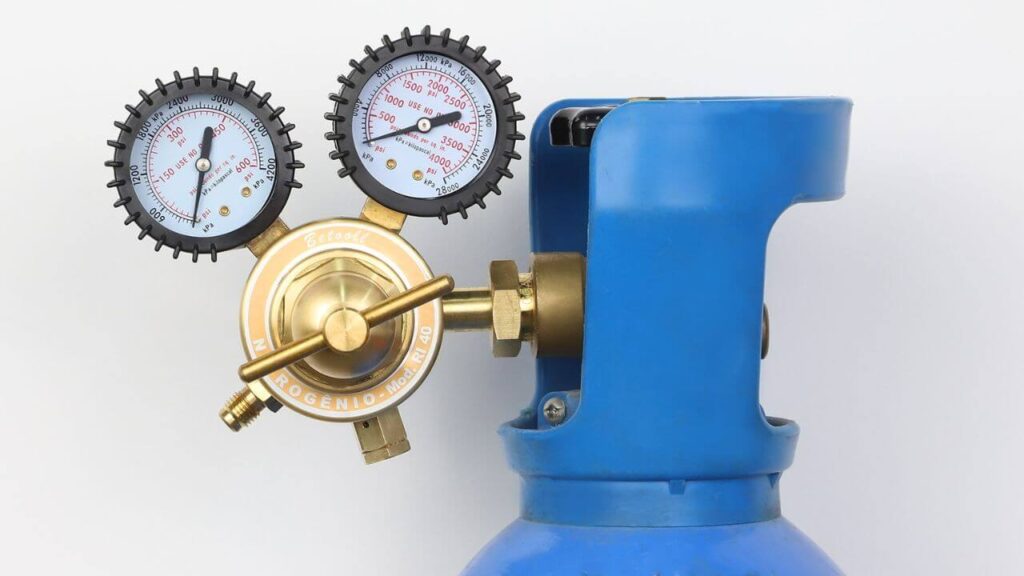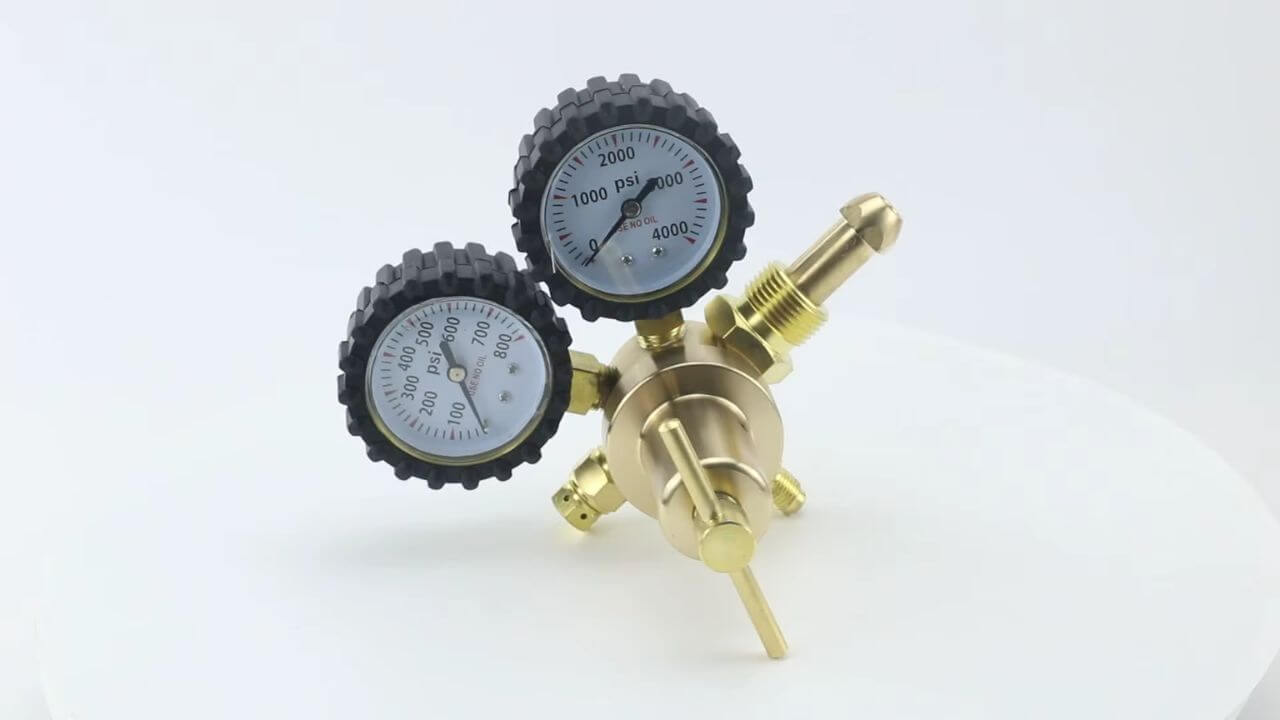Explore the benefits of nitrogen tire inflation with Nitrogen 400 systems for longer tire life and enhanced vehicle handling.
Nitrogen 400 is finally gaining acceptance not only in industrial and scientific applications, but also in automotive, particularly tire inflation. The use of nitrogen gas, particularly at high purity such as what we can create at Nitrogen 400 systems, has become a popular practice in enhancing the performance, longevity, and overall safety of automobile tires. This blog post discusses the special advantages of using nitrogen (especially nitrogen with purity and volume levels suited to Nitrogen 400 technology) for car tires, why it’s better than ordinary air inflation, and what kind of practical considerations drivers should be aware of to understand how best to maintain their vehicles.
Exploring Nitrogen 400 in the Context of Car Tires
The term Nitrogen 400 is normally used to describe nitrogen generation or nitrogen purification systems that can achieve nitrogen purity of up to 98-99.999% at flow rates around 400 Nm3/h for industrial and commercial uses. When used on car tires, this technology means that the nitrogen is cleaner and drier than standard compressed air and contains significantly less impurities, such as moisture and oxygen, which are commonly found in ambient air.
For car tires, nitrogen from such advanced sources infuses the tire with benefits: control of the tire pressure, prevention of corrosion inside the tire assembly, and safety for the vehicle. While nitrogen inflation has always been reserved for aircraft and racing cars, today’s Nitrogen 400 systems make it easier than ever for regular vehicles to have the benefits of nitrogen inflation for enhanced tire performance and maintenance convenience.
Benefits of Using Nitrogen 400 on Car Tires
 Extended Tire Life
Extended Tire Life
One of the most important benefits of filling car tires with nitrogen-in particular with nitrogen that is produced by today’s advanced systems like Nitrogen 400-is extended tire life. The size of a molecule of nitrogen is somewhat larger than the size of a molecule of oxygen, which means that nitrogen is less likely to pass through tire rubber. This slower rate of diffusion means that with Nitrogen the tire pressure will stay more consistent over time compared to regular air, which gets diffused out faster due to the ozone content of around 21%.
In addition, oxygen chemically reacts with the rubber and internal material of the tire, causing it to deteriorate faster and develop dry rot. Nitrogen is an inert gas that restricts this oxidative damage and therefore can keep tires elastic and strong for a longer period of time. This leads to less tire replacement, less downtime, and overall cost savings for car owners.
Improved Fuel Efficiency
Proper tire pressure is directly correlated to improved fuel economy of the vehicle. Underinflated tires increase rolling resistance, which causes the engine to have to work harder and use more fuel. Since nitrogen filled tires hold their pressure more consistently, they help to optimize rolling resistance.
According to automotive experts, nitrogen inflation can help save money on fuel since the tires don’t lose more than one PSI of pressure per month compared to regular air tires that lose pressure faster. This constant optimal pressure results in less waste fuel being consumed – and less emissions and money spent at the pump.
Improved Safety and Handling
In addition, nitrogen-filled tires are more predictable than air, in terms of how pressure changes with temperature. Nitrogen is dry and free of moisture, so it is immune to the unpredictable pressure variations associated with changes in the pressure of water vapor in ordinary air as it expands and contracts with temperature changes.
This translates into improved grip, more stable handling, and consistent braking performance – particularly in wet or slippery road conditions – which can help mitigate the risk of accidents. These are the very reasons why Nitrogen is used in racing cars and aircraft; today, Nitrogen 400 technology makes the same safety and performance benefits possible for everyday drivers.
Decreased Corrosion Inside Tires
Another well-recognized benefit is that the process of nitrogen inflation avoids internal corrosion of the tire rims and valves. The moisture contained in compressed air leads to rusting and erosion, which could create problems in the valve seals and rims, leading to slow leaks or breakdowns.
The nitrogen produced by Nitrogen 400 systems is dry and free of corrosive elements and therefore protects the tire parts and increases durability. This results in fewer tire failures and increases long-term safety.
Practical Equipment: NI-400 Nitrogen Tyre Inflation Unit
Advanced nitrogen generation systems like the ICON NI-400 are becoming more and more popular in markets like India to inflate tires. These machines employ advanced pressure swing adsorption (PSA) technology to generate nitrogen at purity levels up to 98% for use in all vehicle types from sedans, SUVs and hatchbacks, to commercial vehicles.
With digital pressure display, auto-cutoff function after desired pressure is achieved, and multi-source function for both nitrogen and air, NI-400 model is the ultimate user-friendly and high-precision nitrogen inflation machine. Nitrogen 400 technology means practical equipment that improves maintenance of our cars and ensures greater safety on the roads.
Scientists Say: How Much Nitrogen Inflation Is Safe for Your Car
Automotive safety analyst Mr. James Rowan summarizes:
“Nitrogen inflation increases tire pressure uniformity and lessens the chance of an unexpected deflation, directly leading to safer driving conditions.” While the upfront cost is a bit higher, the safety and longevity benefits of nitrogen in tires make it an attractive option for drivers.His professional opinion is backed up by a wealth of observations that nitrogen not only protects tires, but also promotes greater vehicle control and efficiency.
Myths & Considerations that are Common
Before we go into the advantages of nitrogen tire inflation, it’s important to dispel some myths:
No maintenance: While nitrogen can slow down the rate at which pressure is lost from the tire, regular tire pressure checks are still essential for safety purposes.
Nitrogen is quite different from air: Ordinary air is about 78% nitrogen anyway; but the purity and lack of oxygen and moisture in nitrogen inflation makes the difference.
Nitrogen inflation is for race cars only: In the past, nitrogen inflation was only available for race cars, but now thanks to Nitrogen 400 generation technology, nitrogen inflation can be achieved and utilized for all types of vehicles.
Environmental and Economic Consequence
Nitrogen inflation does have a positive effect on reducing waste in the environment. Longer lasting tires means fewer tires ending up in landfills each year, less resources being used and less tires being burned.
Moreover, better fuel efficiency reduces carbon emissions, and nitrogen inflation is an environmentally friendly alternative that supports worldwide climate initiatives.
How to Make the Switch
Nitrogen inflation involves getting rid of the air that’s in tires and replacing it with dry nitrogen. Many auto service centers are now providing nitrogen fill service using generators such as the Nitrogen 400.
When drivers are weighing the pros and cons of nitrogen inflation, it’s important to weigh the cost against the potential benefits, which include safety, fuel cost savings, and tire longevity. For maximum benefits, top-off nitrogen inflation should be repeated often, particularly if the vehicle is used heavily or is subjected to extreme weather conditions.
Conclusion: Will Nitrogen 400 Work in Your Car?
Nitrogen 400 technology, when used to inflate vehicle tires, offers a number of benefits ranging from tire longevity to fuel economy and safety. While nitrogen inflation is not a requirement, it is a sensible enhancement that is gaining traction among drivers who want to protect their investments and enhance their driving experience.
As technology improves, and machines like NI-400 become cheaper, nitrogen inflation will surely become the norm for car maintenance. For those invested in the safety, performance, and sustainability of their vehicles, opting for nitrogen generated through Nitrogen 400 generation systems is an option worth exploring.


 Extended Tire Life
Extended Tire Life